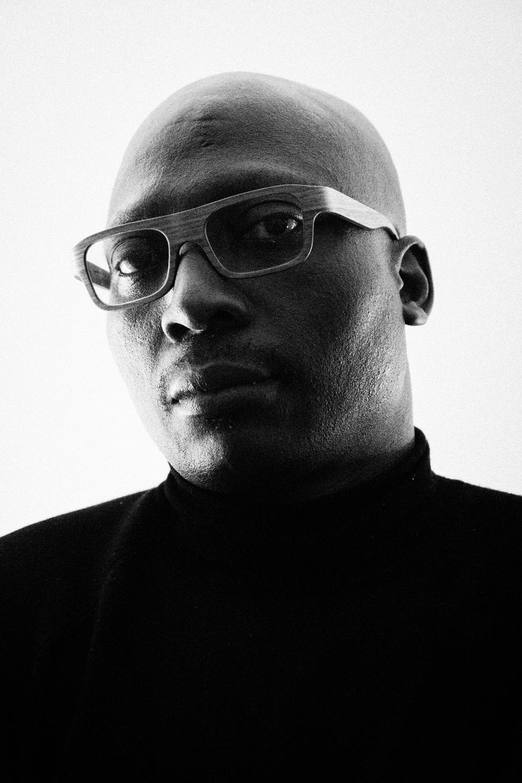Kunlé Adeyemi
Visiting Lecturer
http://www.nleworks.com/
Office: Architecture Building, S-110
E-mail: kunle@princeton.edu
Kunlé Adeyemi is an architect, designer, and urban researcher. He is the founder/principal of NLÉ – an architecture, design and urbanism practice founded in 2010, aimed to promote diversity and coexistence between humanity and the environment. Adeyemi’s notable works include "Makoko Floating School," an innovative prototype floating structure for waterfront developments originally located on the lagoon heart of Lagos, Nigeria. This acclaimed project is part of an extensive research project – "African Water Cities" – which examines the adaptations to rapid urbanization and climate change in Africa.
NLÉ is a multiple international award wining practice and in 2016 it was awarded the Silver Lion Prize at the Venice Architecture Biennale. NLÉ recently launched MFS IIIx3 – Minjiang Floating System – its fourth prototype of the Makoko Floating School, improved into a prefabricated self-build system for water, launched in China's historic water city, Chengdu. NLÉ’s other notable projects include Chicoco Radio Media Center – an amphibious community center in Port Harcourt, Nigeria, A Prelude to The Shed in New York City, ROCK – Lakefront Kiosk in Chicago, USA and Serpentine Summer House at the Royal Kensington Gardens in London, UK.
Adeyemi leads regular academic research and design programs at various institutions. He was the 2017 Aga Khan Design Critic in Architecture at Harvard University Graduate School of Design, has taught at Cornell University, and was an Adjunct Associate Professor at the Graduate School of Architecture, Planning and Preservation, Columbia University, New York, researching architecture and urban solutions that are closer to societal, environmental, and economic needs. All of Kunlé Adeyemi’s experience, knowledge and background underpin his architectural, creative design, and urbanism practice for Africa, developing regions, and complex urban/rural environments globally. The overarching aim of the practice is to bridge critical gaps in infrastructure and urban development by creating coherent networks and global exchanges that work for people, as well as the environment.

